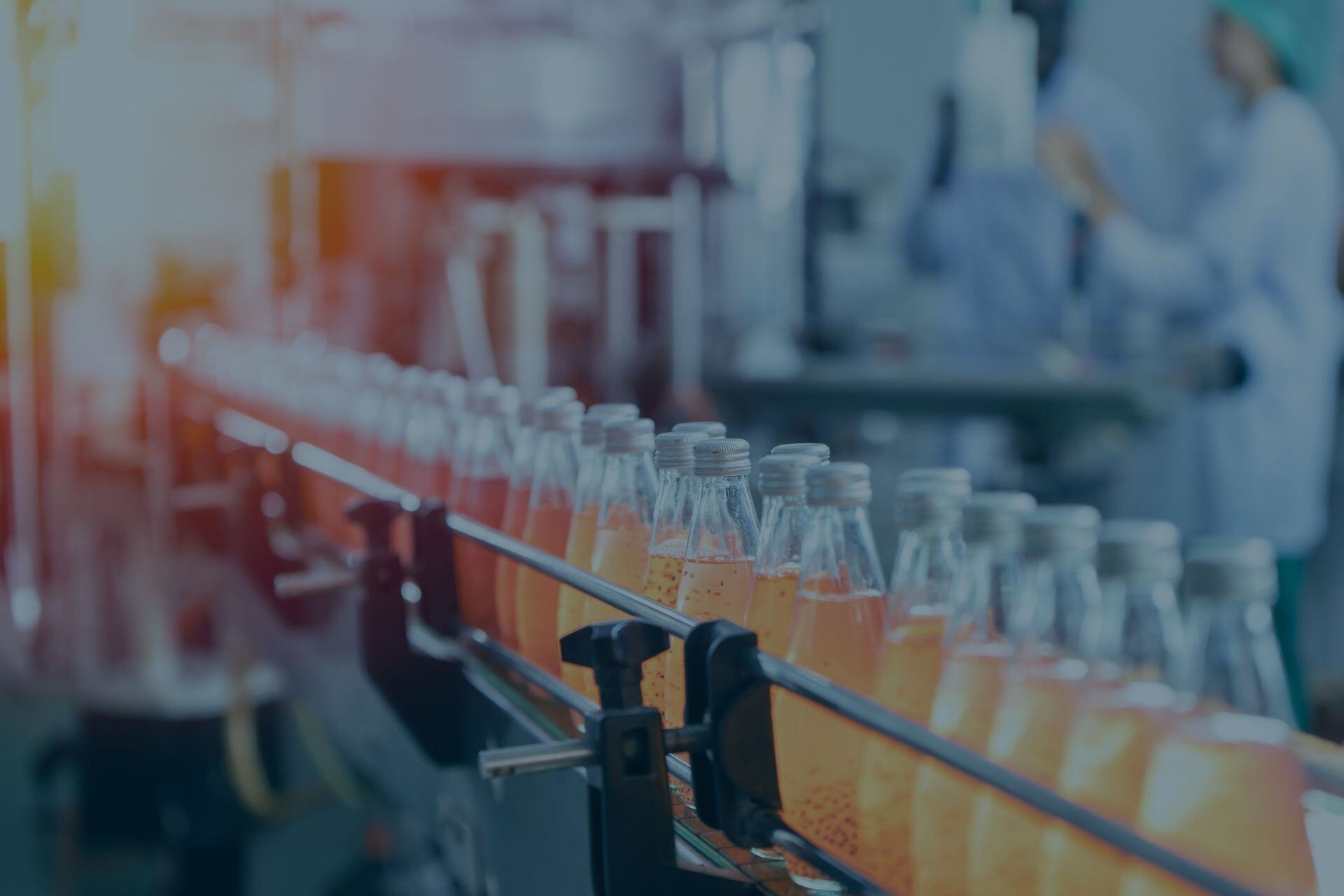New approaches in Machine Automation: Why process models create sustainable value
Optimizing machines and production processes is a crucial factor for a company's success across the entire industry. In this blog post, we explain...
2 min read
Sabine Reisinger : Oct 2, 2024 11:58:45 AM

Environmental and climate protection are key topics that are increasingly coming into focus for companies. In addition to societal pressure, the Corporate Sustainability Reporting Directive (CSRD) plays a decisive role, setting new standards for sustainability reporting in Europe. Companies, particularly in the production sector, must report in detail on their environmental, social, and governance performance. This not only requires a deeper engagement with sustainability but also demands concrete measures to reduce energy consumption, emissions, and resource waste.
In 2022, the industrial sector accounted for 37% of global energy consumption. Inefficient processes and non-optimized production methods often lead to unnecessary resource waste. According to the Climate Protection Report by the Federal Ministry for Climate Action, in 2020, 44% of greenhouse gas emissions (including the EU Emissions Trading System) came from the energy and industrial sectors. Companies, therefore, face the urgent challenge of making their processes more sustainable and reducing their greenhouse gas emissions—a core concern of the CSRD.
The CSRD requires companies to report not only on traditional financial metrics but also on their environmental impact, resource efficiency, and sustainable production methods. This is particularly relevant for manufacturing companies, whose energy use and emissions have a significant impact on the environment. Under the CSRD, companies must demonstrate how they are making their processes more sustainable and reducing their environmental footprint.
This is where Selmo comes in with its innovative technology, helping companies become not only more efficient but also more sustainable.
Selmo offers tailored solutions for manufacturing companies, boosting efficiency, supporting sustainability goals, and aiding in CSRD compliance. With our patented Sequence Logic Modelling technology, we enable precise control and real-time monitoring of production processes.
Early error detection & optimized resource utilization
One major advantage of the technology is its ability to detect and respond to errors and issues in production systems at an early stage. Malfunctioning machines not only cause downtime but also consume unnecessary energy and raw materials (defective products). Selmo prevents these losses by identifying problems before they escalate into major disruptions. Through real-time monitoring and precise control, machine operators can intervene in a timely manner, maximizing efficiency and minimizing resource consumption. This not only saves costs but also reduces the CO₂ emissions of production. The optimized use of energy, materials, and resources makes a crucial contribution to meeting the new reporting requirements of the CSRD.
This way, companies can not only document their sustainability performance but also demonstrate measurable progress in resource efficiency.
Selmo's technology can significantly extend the lifecycle of existing machines. Often, older systems work mechanically fine, but hardware and software are outdated, or certain components are no longer available. Selmo offers an innovative solution compatible with controllers supporting PLCopen XML, giving manufacturing companies more flexibility. Instead of completely replacing machines, Selmo enables the modernization of existing systems. This helps conserve resources by avoiding wasteful practices while also reducing operating costs. Extending the machine lifespan reduces the need for raw materials required for new equipment and contributes to sustainability by minimizing waste and optimizing lifecycle management.
Availability of machine data
In many manufacturing plants, potentially valuable machine data is not fully captured or analyzed, leaving optimization potential untapped. Selmo ensures that all relevant production data is made available. This data forms the foundation for in-depth analyses and optimizations and can even be used to integrate artificial intelligence (AI) to further enhance efficiency. This allows companies to make informed decisions by leveraging transparent and consistent data.
Selmo actively contributes to the sustainable future of production by saving energy, reducing raw material consumption, and extending machine lifespans. Our innovative technology helps companies achieve sustainability goals and supports their efforts to meet CSRD requirements.
In today's world, where transparency, sustainability, and responsibility are central themes in corporate governance, Selmo offers the right solutions to stay competitive while making a significant contribution to environmental protection.

.png)
Optimizing machines and production processes is a crucial factor for a company's success across the entire industry. In this blog post, we explain...

Few like to address it, but the numbers speak for themselves: According to the 2022 Senseye study, unplanned downtime and production stoppages are...

The new EU Machinery Regulation (2027) will come into force on January 20, 2027.It will fundamentally change the mechanical engineering industry: in...